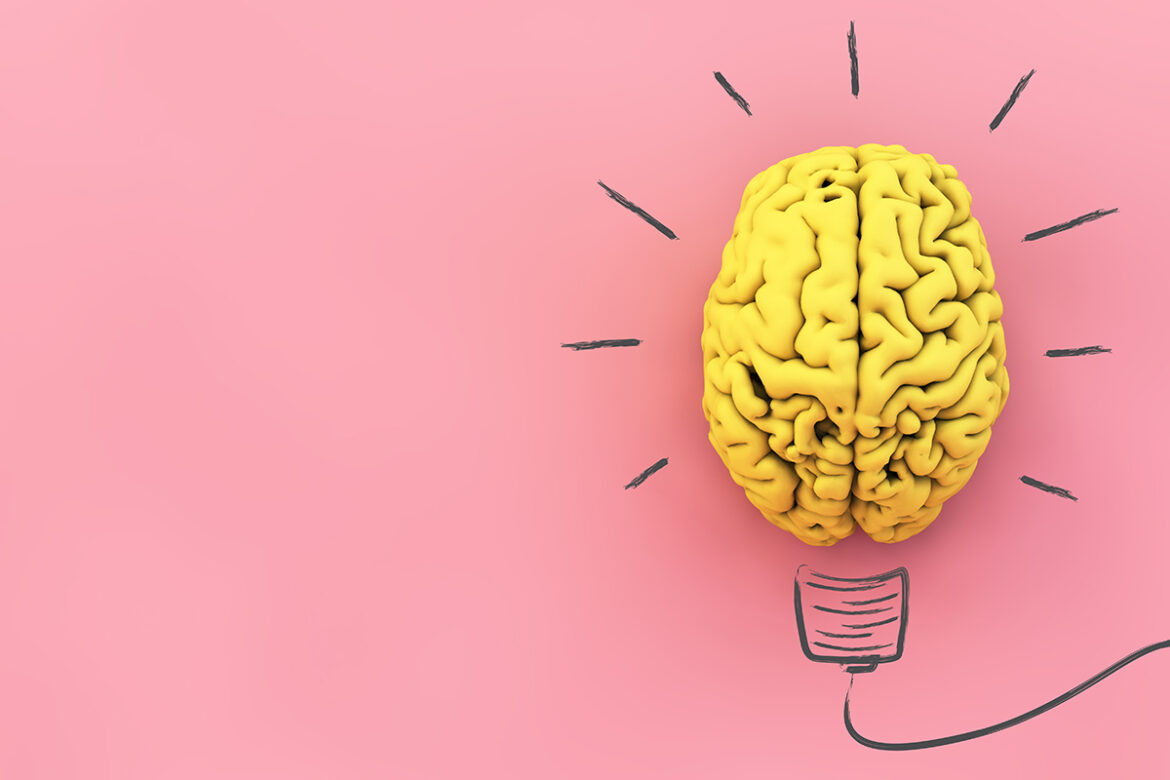Neurocounseling is a collaborative approach that involves developing treatment plans and processing the changes that occur during counseling sessions. The goal of neurocounseling is to provide clients with the necessary skills to improve their mental health and well-being. By using the latest research from neuroscience, neurocounselors are able to help clients make the necessary changes to their behavior and emotional responses.

Neurocounseling
What is Neurocounseling?
The benefits of neurocounseling are numerous. By understanding the brain’s role in mental health, individuals can become more self-aware and develop a deeper understanding of their mental health concerns. Neurocounseling can also help individuals develop coping mechanisms for stress and anxiety. By working with a neurocounselor, individuals can receive personalized treatment plans that are tailored to their specific needs.
How Does Neurocounseling Work?
Neurocounseling is a collaborative approach that involves developing treatment plans and processing the changes that occur during counseling sessions. The goal of neurocounseling is to provide clients with the necessary skills to improve their mental health and well-being. By using the latest research from neuroscience, neurocounselors are able to help clients make the necessary changes to their behavior and emotional responses.
What are the Benefits to Neurocounseling?
One of the most important aspects of neurocounseling is the collaborative nature of the approach. Neurocounseling is not a substitute for regular psychotherapy, but rather a supplemental, integrative method to push your progress in the right direction and ensure you are doing the proper work to maximize the benefits of your neurofeedback protocol. By working with a neurocounselor, individuals can receive the necessary support and guidance to navigate their mental health concerns.
The use of neurocounseling has been shown to have significant benefits for individuals struggling with mental health concerns. This approach is especially helpful for individuals who have undergone neurofeedback sessions, as it provides a brain-based perspective to help individuals better understand their mental health concerns.
Neurocounseling at Cognitive Solutions: LC
In conclusion, neurocounseling is a unique approach to mental health counseling that incorporates the latest research from neuroscience. By using a brain-based perspective, neurocounselors are able to provide clients with a deeper understanding of their thoughts, emotions, and behaviors. The collaborative nature of neurocounseling allows for personalized treatment plans that are tailored to the specific needs of each individual. If you are interested in learning more about neurocounseling, please contact us to discuss how we integrate it with neurofeedback to help you improve your mental health
and well-being.

